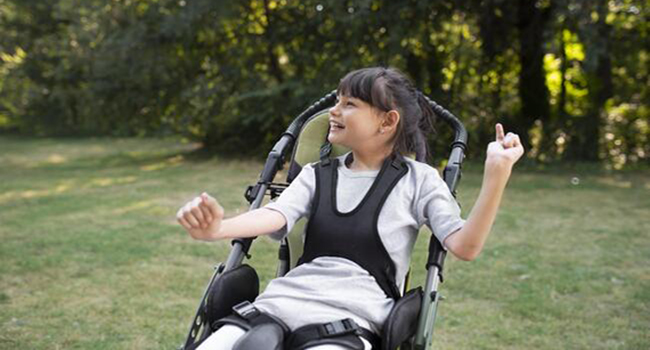
A clinical trial has found that playing augmented reality (AR) games can help improve range of motion (ROM) and muscle strength in children with spastic hemiplegic cerebral palsy (SHCP). SHCP is a neurological condition that affects muscle control on one side of the body, often causing stiffness and limited movement. While traditional physical therapy can be helpful, it can be difficult to motivate children to continue with their exercises. The use of AR games in therapy can make it more engaging and fun, encouraging children to continue with their exercises.
Clinical Trial
The clinical trial included 30 children between the ages of 6 and 12 years old who were randomly divided into three groups. Each group received a different AR game: Balance It, Bubble Pop, or Scoop'd. The games were developed by WonderTree, a Pakistani company that creates interactive games for children with special needs. The children played their assigned game for eight weeks, and their ROM and muscle strength were assessed at the beginning and end of the study.
Results
The results of the trial showed that all three groups had significant improvements in ROM and muscle strength. This means that playing the AR games helped the children to move their limbs more easily and made their muscles stronger. The children in the Balance It group had the greatest improvement in elbow extension ROM, which was significantly better than the Scoop'd group. However, there was no significant difference in muscle strength between the three groups.
The research suggests that AR games can be an effective tool for improving ROM and muscle strength in children with SHCP. The games may offer a more engaging and interactive way to encourage children to do their exercises, which can lead to better outcomes in the long run. Further research is needed to determine whether other AR games or interventions could be similarly effective.
